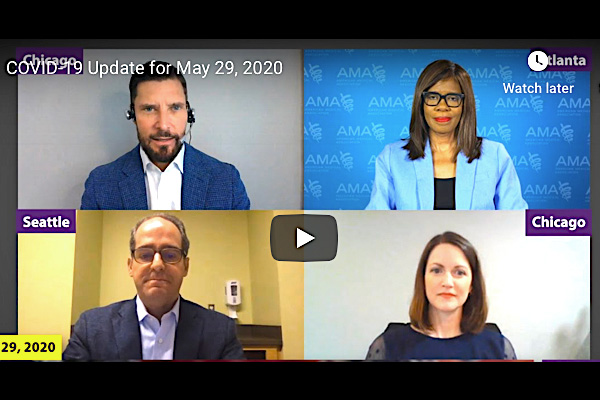WATCH – Opinion –
July 31, 2020 – Prior Authorization. Despite medical society and patient advocacy, only 21 states and the District of Columbia have enacted laws limiting public and private insurers from imposing prior authorization requirements on services or medication for substance-use disorders (SUDs). In fact, the report cites a survey from the American Board of Pain Medicine that found 92% of pain medicine physicians said they have been required to submit a prior authorization for non-opioid pain care.
Parity law noncompliance. Even fewer states have taken meaningful action to enforce mental health and SUD parity laws.
Barriers to comprehensive, multi-modal, multidisciplinary pain care and rehabilitation programs. Access to prescription opioid analgesics have decreased in every state, and none have taken meaningful action to require health insurers to increase access to non-opioid pain care or to remove arbitrary restrictions on access to opioid therapy.
Crisis framework
A major problem continues to be that efforts to end the epidemic have largely fallen into a reactionary “crisis framework” that results in the creation of ineffective one-size-fits-all strategies, especially with data collection.
Current overdose data collection is inconsistent across the nation; it is difficult to understand and fix what is not appropriately measured. Implementation of systems to track overdose and mortality trends is necessary in order to identify equitable public health interventions that include comprehensive, disaggregated, racial and ethnic data collection related to testing, hospitalization, and mortality associated with opioids and other substances.



